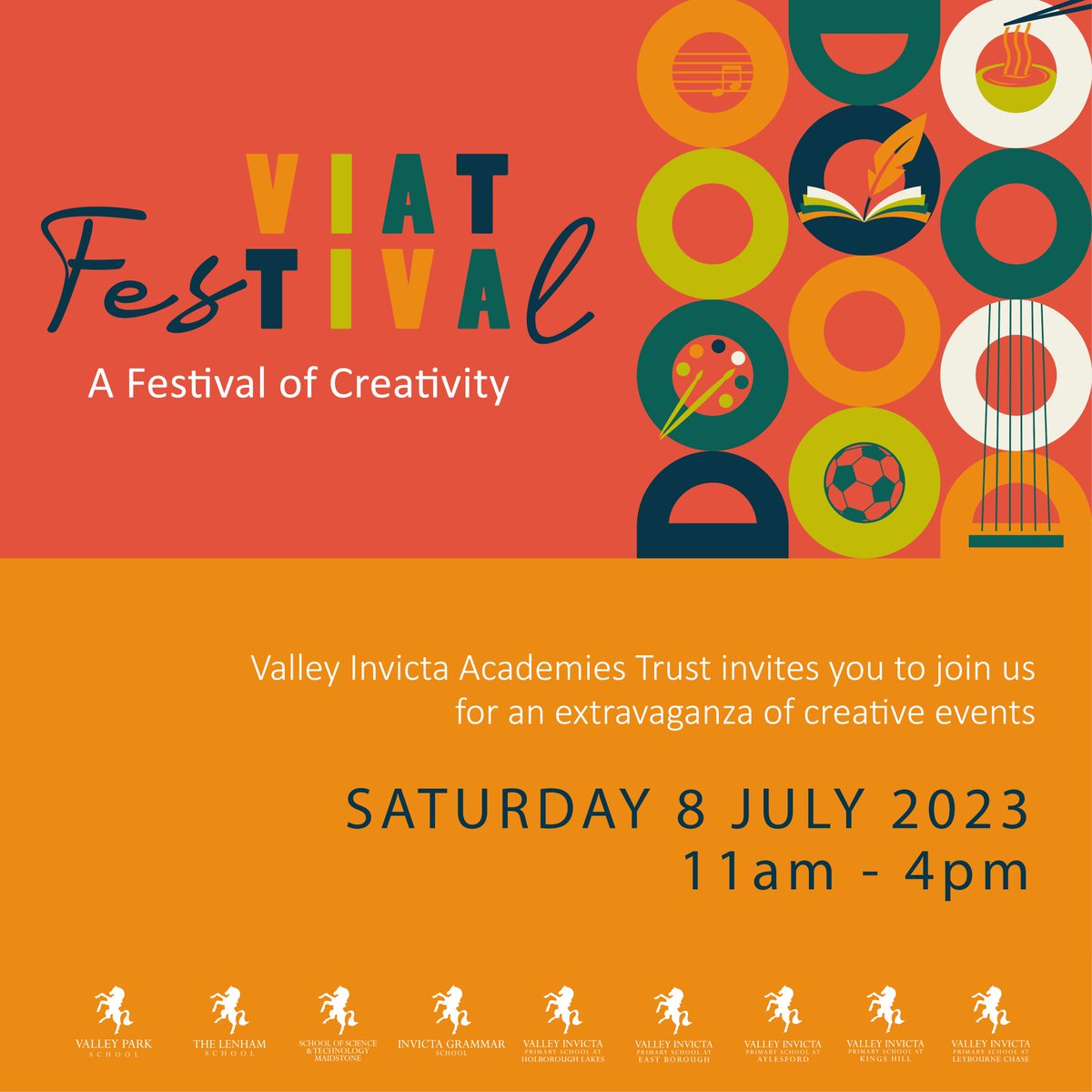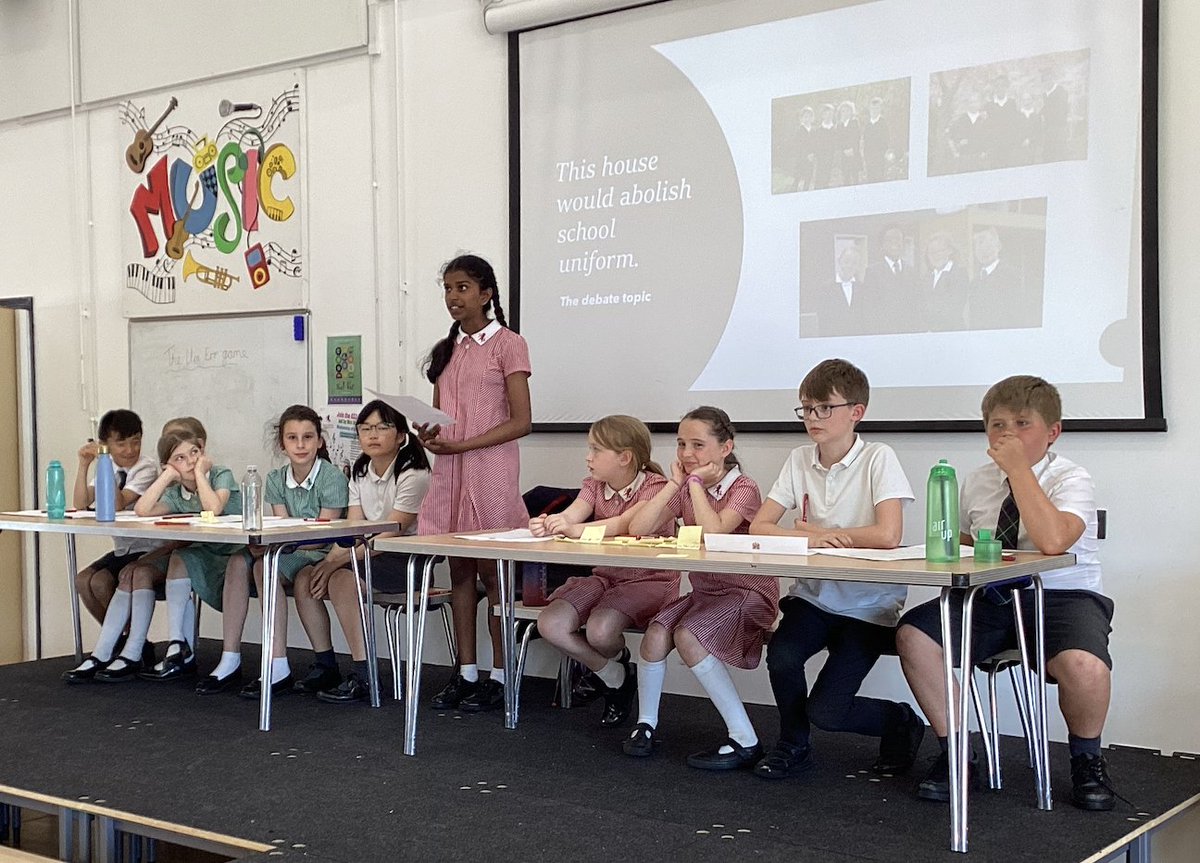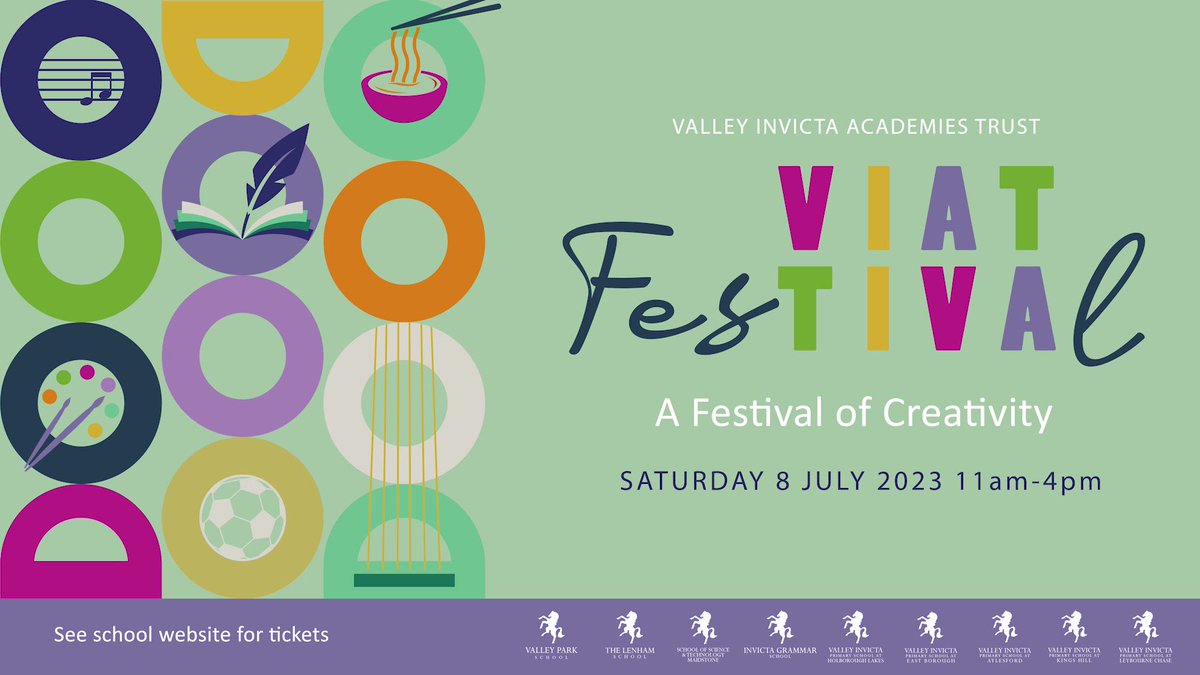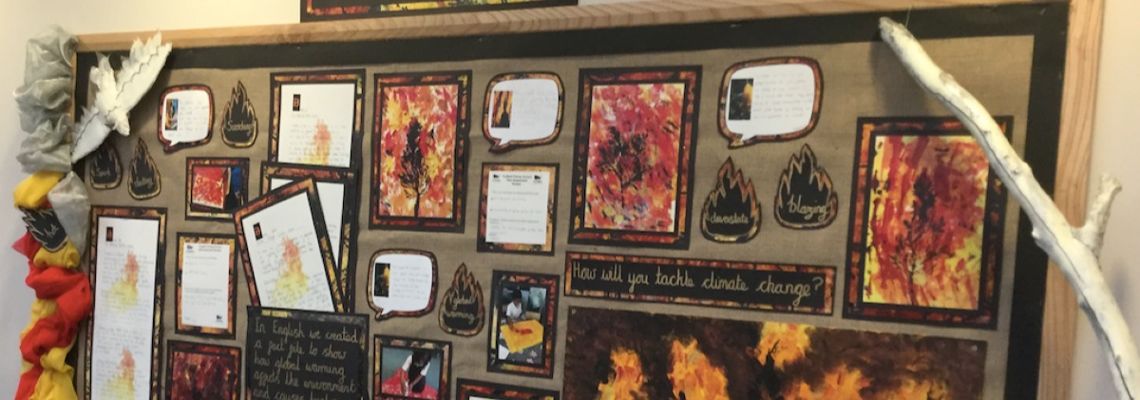Download our FREE smartphone app today!
History
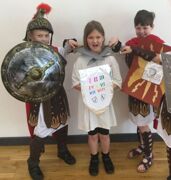
Roman Day
At Valley Invicta Primary School at Holborough Lakes, we believe that History encourages pupils to consider how the past has influenced the present, and how a variety of elements influenced people’s actions. History also develops the skills of researching and evaluating evidence, the knowledge of past events, civilisations and personalities and the concepts of chronology. Learning about the past can influence pupils’ attitudes to the present and the future.
Teaching Sequence in History
- Big picture: Placing of the History being studied in the chronological context of previous learning, using a class timeline
- Daily review: Brief review of learning covered in previous lesson/s using the teacher toolkits.
- Specify key vocabulary to be used and its meaning is shared using the teacher toolkit
- Conduct Historical enquiry using a variety of sources and/or artefacts
- Interpret their findings
- Communicate their historical knowledge and understanding appropriately
- Evaluate their learning and compare with other historical periods studied as appropriate
Assessment
Formative Assessment
Formative Assessment is the continual assessment of knowledge throughout a unit of work, or even a lesson. This enables the teacher to make changes to their teaching, to address misconceptions, and to provide scaffolds and support for those pupils who require it. In all of our lessons, formative assessment is a key part of our teaching process.
In History, we include Knowledge Checks to ensure that the class are ready to move on to the next piece of learning or task. These come at pivotal points in the lesson and often take the form of low stakes quizzing (using whiteboards or rehearsed hand signals) or discussion. Similarly, we carefully design hinge questions, which are targeted questions at specific points in the lesson and are used to determine whether knowledge has been learned and understood. Alongside this, we have a short list of marking symbols, which are used to provide timely feedback to pupils. They respond to these marking symbols using a purple pen.
Summative Assessment
Summative Assessment is assessment that is completed at the end of a unit of work to evaluate progress.
In Year 1 and 2, we use mastery statements to determine whether children have mastered a topic. E.g. ‘Child A can identify the reasons behind The Gunpowder Plot’. These statements are set by teachers and subject leaders to ensure coverage of the National Curriculum and are discussed at the end of a unit to explore what topics need to be recovered and which are secure.
In History at KS2, we use post-assessments via Google Forms to collect data on mastery of a topic. The ‘post-assessment’ is delivered at the end of the unit so the teacher can gather an understanding of which areas the children have mastered and if any areas need further consolidation. Not only does this provide clear, measurable data for teachers but it also enables the children to express their, often, deep understanding of a topic.
Final Outcomes
The way knowledge about a topic is stored is similar to a complex, interconnected web or ‘schema’. Every time a pupil encounters a word they have previously learned, but applied in a new context, it adds to the complexity of their understanding of that concept. In other words, they develop a deeper understanding of that concept and enhance their capacity to use that concept in their own thinking. Working from this model, all of our units of work end with a ‘final outcome’ to provide purpose to our learning and to enable children to synthesise their learning.
E.g. ‘Can I use my knowledge of WWII to perform a fascinating Remembrance Day assembly and interview a WWII veteran?’ following a Year 5 and 6 unit on WWII.
We believe authentic outcomes help children to see a real-life impact behind the acquisition of their new knowledge. It motivates pupils to see that learning leads to change, that their voices matter and that their actions make a difference
Blank timeline document for download
Vocabulary Progression for History

Curriculum Intent, Implementation and Impact 1
Intention 1:
To build a History curriculum which develops learning and results in the acquisition of knowledge and skills, which enables children to enquire, research and analyse in History.
Implementation:
A clear and robust progression of skills is in place from EYFS through to the end of KS2, where teachers will build on prior understanding as they develop these skills throughout the pupils’ time at the school ensuring that they are secondary ready by the time they leave Year 6.
- Language: The promotion of a language-rich History curriculum is essential to the successful acquisition of knowledge and understanding in history. The promotion and use of an accurate and rich historical vocabulary throughout school is planned in history.
- Pathways and organisers.
- Children have access to key knowledge, language and meanings to understand History and use these skills across the curriculum.
- History Focused Learning Walls - History Working Walls throughout school focus on key aspects of History and exemplify the terminology used throughout the teaching of History, BV and SMSC, which enables pupils to make links across the wider curriculum. This can be integrated with the class English learning wall.
Impact:
Children will know more, remember more and understand more about history.
Children will understand and use the key skills of chronological understanding, knowledge and understanding of events in the past, historical interpretation, Historical enquiry and organisation and communication.
All children will achieve age related expectations in History.
As historians, children will learn lessons from history to influence the decisions they make in their lives in the future.
Curriculum Intent, Implementation and Impact 2
Intention 2:
To design a history curriculum with appropriate subject knowledge, skills and understanding as set out in the National Curriculum History Programmes of study, to fulfil the duties of the NC whereby schools must provide a balanced and broadly-based curriculum which promotes the spiritual, moral, cultural, mental and physical development of pupils and prepares them for the opportunities and responsibilities and experiences for later life.
Implementation:
Research:
On occasions, children may well be asked to research historical aspects of their learning independently. This allows the children to have ownership over their curriculum and lead their own learning in history.
Basic skills:
English, Maths and ICT skills are taught during discrete lessons but are revisited in history so children can apply and embed the skills they have learnt in a purposeful context.
Enhancement:
We plan termly visits, visitors and educational trips to provide first-hand experiences for the children to support and develop their learning. We recognise that to have impact the planned cultural capital must be clearly linked to the statutory historical knowledge to be acquired and provide the opportunity for children to better understand the knowledge or apply what they already know.
Impact:
Children will know more, remember more and understand more about history.
Children will understand and use the key skills of chronological understanding, knowledge and understanding of events in the past, historical interpretation, Historical enquiry and organisation and communication.
All children will achieve age related expectations in History.
As historians, children will learn lessons from history to influence the decisions they make in their lives in the future.





